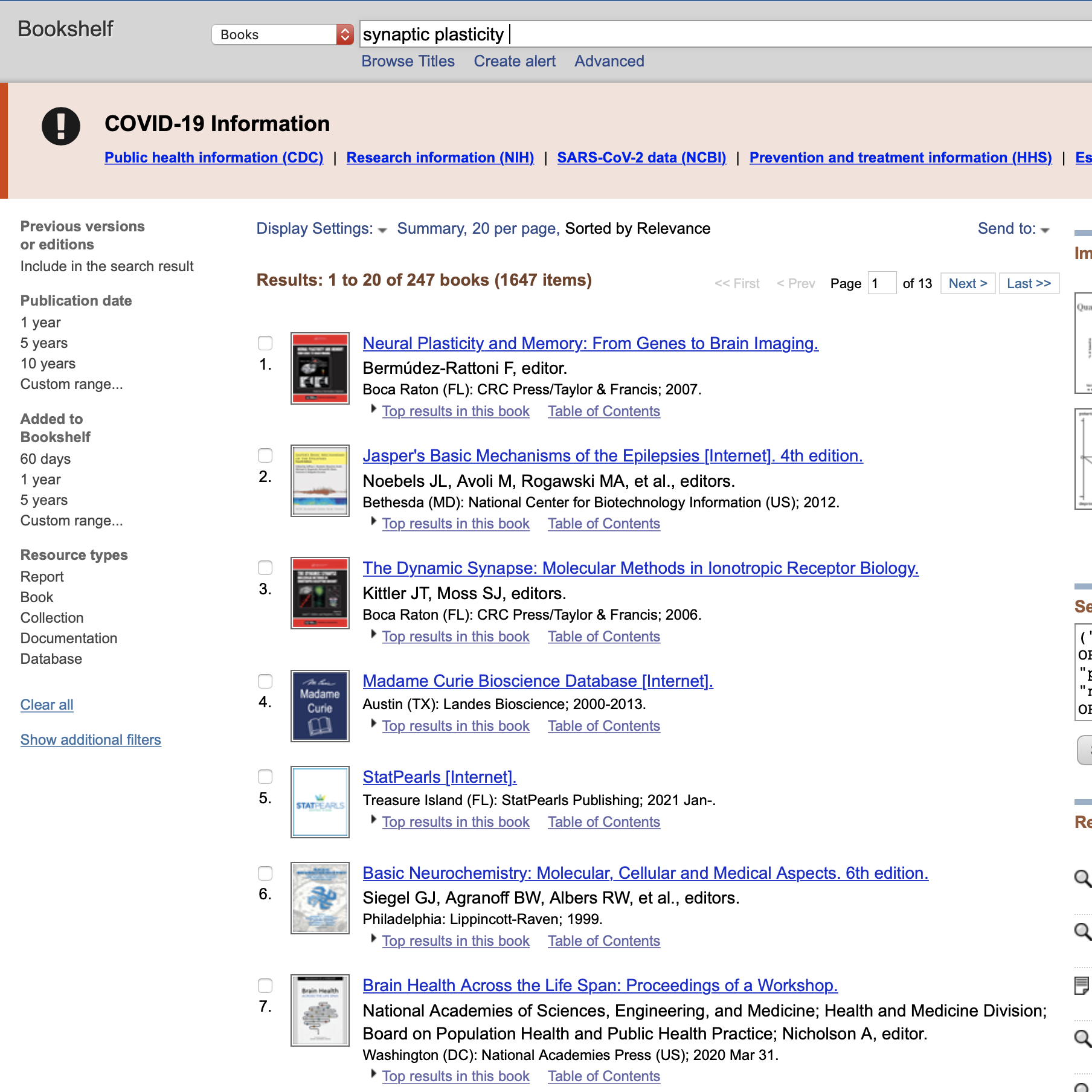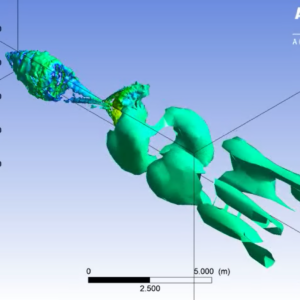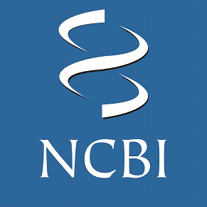When I entered my sophomore year in the fall of 2019, I was determined to get more hands-on engineering experience. I applied for a High Meadows Environmental Institute Internship to do research on a robotic tuna at the Princeton Gas Dynamics and Fluid Dynamics Lab. I was fortunate enough to have been accepted to the internship, and I spent the early part of 2020 getting ready to work under the tutelage of Professor Alexander Smits and postdoctoral scholar Dr. Liuyang Ding. The project was to conduct an experiment where we would measure the generated thrust force, power, and efficiency of a robotic tuna.
Continue reading Jumping In and Out of Virtual ResearchPlanning For Advanced Elective Courses at Princeton
One of the most exciting parts of the academic experience at Princeton is undoubtedly getting to take advanced (3-400 level) elective classes in your concentration. While all classes at Princeton are valuable, elective classes can provide a unique opportunity to have a more personalized learning experience – the classes are often much smaller, with some classes having as few as 5 students – while getting to learn about somewhat more niche disciplines that professors are both specialized in and are more passionate about. However, sometimes the embarrassment of riches can be a problem. The sheer number of truly incredible and interesting advanced courses that are offered at Princeton can make it difficult to choose which courses to take, especially when your course slots are taken up by concentration and certificate requirements as well as either the AB or BSE general requirements. I went through such an exercise myself, and in this post, I hope to offer some insight on how to choose courses based on my experiences at Princeton.
Continue reading Planning For Advanced Elective Courses at PrincetonDear First Time Coders, You Can Do It
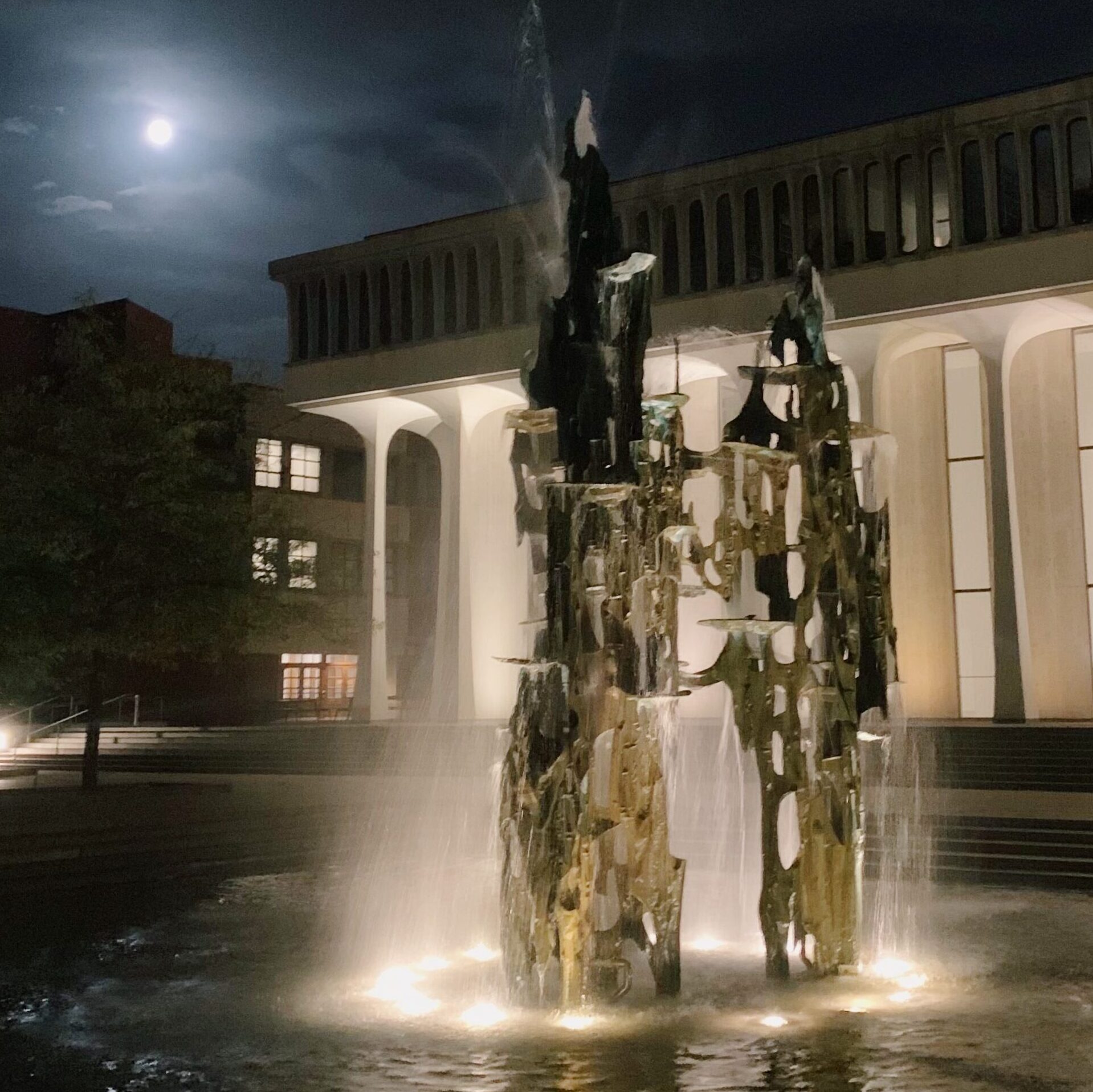
“I can’t code,” I told my friends when I realized that I had to take a statistics course for my major that required coding. “I don’t understand it,” I told them. I had never coded before and the thought of creating algorithms on a computer sent shivers down my SPIA spine. I loved math in high school, and coding always seemed interesting to me, but rumors about Princeton math courses, as well as computer science courses, had me sprinting away from Fine Hall. But then, I realized I had to take a statistics course for SPIA. I had to face my fear of R, or the programming language that most SPIA statistics courses use for statistical computation. I didn’t think that I could do it, but I did. And, I ended up loving it. I faced my fears, learned how to code, and you can too.
Continue reading Dear First Time Coders, You Can Do ItLost in the Archive? Here’s How to Find Your Way!
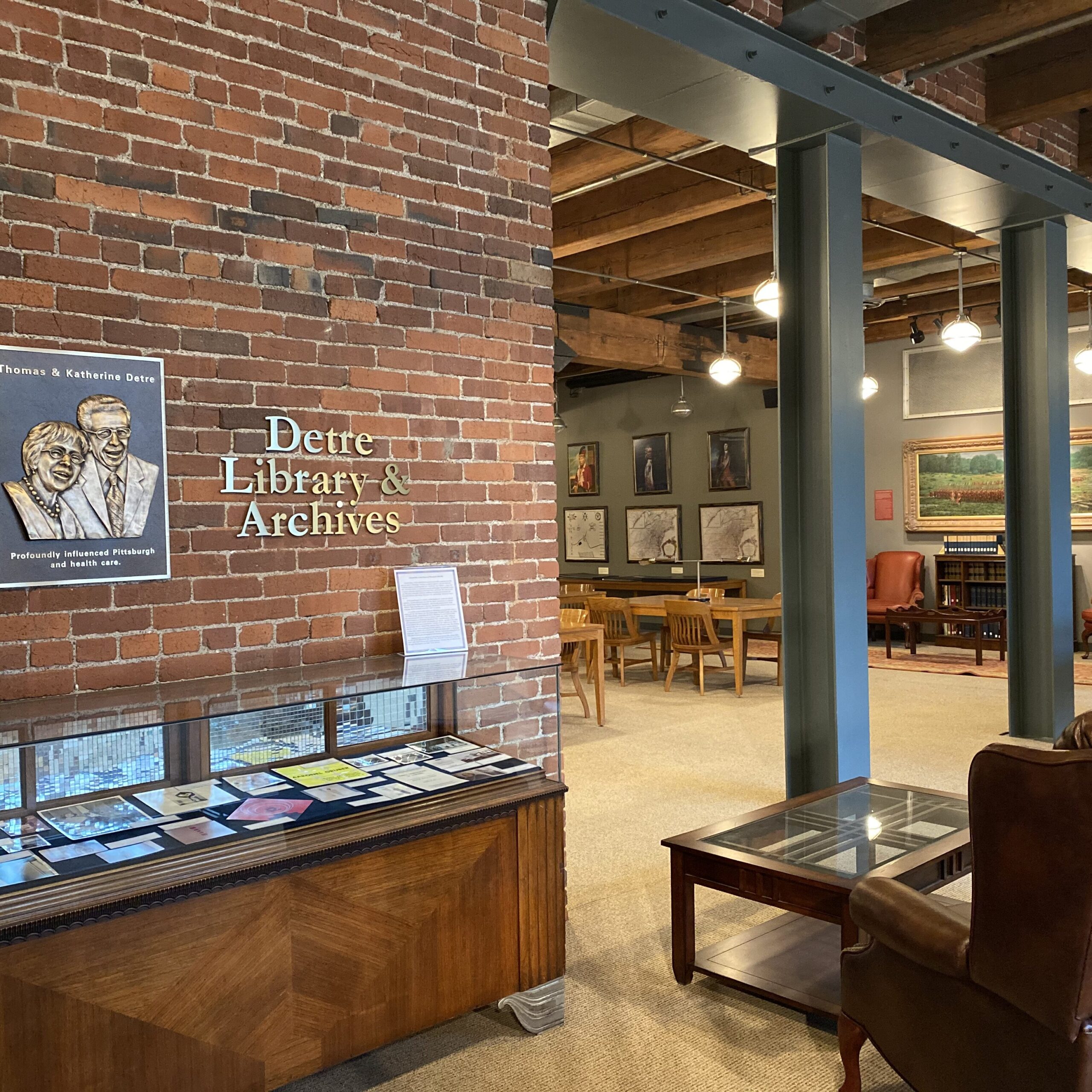
Fall break – a time for rest and relaxation. While I certainly used the time to collect myself after the whirlwind of a more normal semester, I also had to make progress on my junior paper for the History department ahead of its first draft in November. Exploring a consumer’s perspective on post-war nylon riots (1945-46), I had toiled through various online newspaper archives to rack up an impressive number of sources; however, something was missing. I felt like I wasn’t going deep enough. I wanted to find someone’s thoughts on the riot outside of the newspaper databases I had used, which I knew would be a challenging (if not impossible) process that could only be achieved by looking at the archive.
An important tool in the historian’s kit is the archive, which is a trove of various historical documents, materials, and items that can transport you to another time. Given that the archive is a physical location, the pandemic had interrupted much of the on-the-ground work historians do in libraries across the country, much of which was overcome through technology. Thankfully, I was able to access wonderful archives in-person in my hometown of Pittsburgh, PA: the University of Pittsburgh Archives and Special Collections as well as the Senator John H. Heinz History Center Detre Library and Archives. Covering a vast array of local and regional history, I was set on taking advantage of these archives’ resources to further my research.
I wanted to use this space, then, to share a bit about (in-person) archival research and what I learned. Regardless of your academic studies or research, archives offer a window into the past that could helpfully contextualize your topic, explore an unknown tangent that can offer up a new perspective, or even just lose yourself in the archive looking at random things. In this article, I will specifically cover the process of identifying an archive and then finding items within that archive.
Continue reading Lost in the Archive? Here’s How to Find Your Way!Reflections on my Summer Internship and Tips for Starting the Research Process
This past summer, I conducted research remotely with the Global Health Internship program in the Metcalf lab working with Dr. Marjolein Bruijning from the EEB department. While Dr. Bruijning guided me extensively throughout the project, I was given a lot of independence on the research topic I wanted to explore within the internship area of the effect of microbes on health. I have been able to continue my summer project throughout the semester, but I wanted to take the opportunity to reflect on my experience as a research assistant and the process of starting a project, which is becoming especially relevant as I start my Junior Independent Work. This post summarizes some of the insights I gained and the lessons I learned that I hope will be helpful in making the most out of your next research experience.
Continue reading Reflections on my Summer Internship and Tips for Starting the Research ProcessEssential Packages for Advanced Statistical Analysis in R – A Primer
Students who are interested in research – especially junior- and senior-year students preparing for independent work – are often encouraged to master the use of a fully-featured statistical software like Stata or R in order to help with their statistical analysis. For example, in the Economics program at Princeton, Stata is often the software of choice for classes like ECO 202 (Statistics and Data Analysis for Economics) or ECO 302/312 (Econometrics). Similarly, other departments (for example, for the Undergraduate Certificate Program in Statistics and Machine Learning) offer SML 201 (Introduction to Data Science) or ORF 245 (Fundamentals of Engineering Statistics) to prepare students in the use of R. Usually, students end up developing a preference for one or the other even if they eventually grow proficient in both. While our coursework (rightly!) emphasizes the statistical methods, we, as students, are often left to navigate the intricacies of the statistical tools on our own. This post is a primer of some of the core packages in R that are used for advanced statistical analysis. As you begin to search for tools in R that can help you with your analysis, I hope you will find this information useful.
Continue reading Essential Packages for Advanced Statistical Analysis in R – A PrimerThinking About Doing a Research Internship Next Summer? Start Your Search Here!
When most people think of summer, they think of warmer weather and longer days filled with newfound time to relax, travel, or to try something new. However, for many Princeton students, one summer topic that might be a source of both excitement and stress is summer internships. The summer can be the ideal time to pursue opportunities related to your interests in a more hands-on way, and summer internships provide (potentially paid) opportunities to do so. Many internships also provide avenues for Princetonians to do extensive and meaningful research, which, given the pace and workload of a typical Princeton semester, may be difficult to find time for during the academic year between classes and other extracurricular commitments.
The internship search process may be overwhelming, especially for freshmen and sophomores, who are still learning about the abundance of opportunities that Princeton has to offer. This post focuses on setting yourself up for a successful internship search by outlining popular programs, resources, and deadlines to ensure that you are able to find experiences that will enrich your (summer)time at Princeton. This list is not exhaustive and focuses on internships that include aspects of research, some combined with community service and professional development.

A Guide to Asking for Letters of Recommendation
Whether you are thinking about applying to summer programs or graduate school, you most likely will need to ask for letters of recommendation for the application. Last year, I applied to various summer programs, but I didn’t start thinking about letters of recommendation until January, although most of my deadlines were in mid-February. Having only a month to ask for letters of recommendation was barely enough time, so this year, I am beginning to think about asking for letters of recommendation much earlier. Recommenders usually appreciate not being rushed, so don’t wait too long if you are also thinking about asking for letters of recommendation – one month is the minimum time. Here are some additional tips that are good to keep in mind when thinking about asking for letters of recommendation.
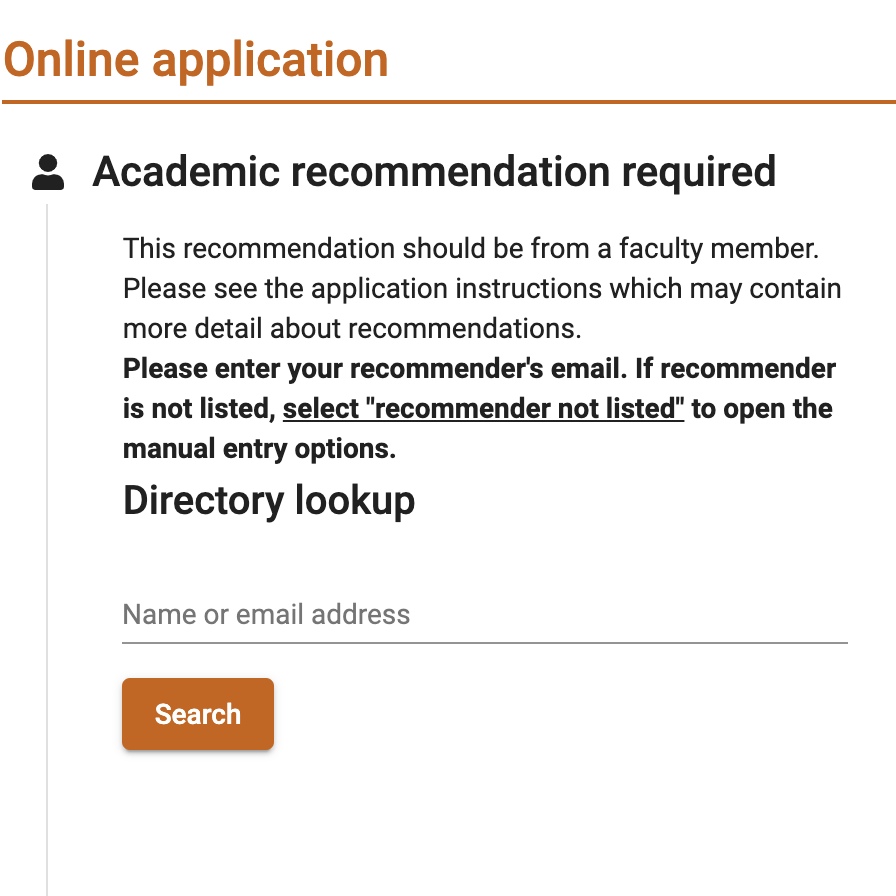
My Virtual Global Seminar Experience: Jumping in Foreign Water
In the summer of 2021, I participated in a virtual global seminar in Cyprus entitled Conflict, Borders, Multilingualism, Translation. I was particularly drawn to the idea of learning about Cyprus’ history and culture through the lens of multilingualism and translation. Personally, language has always played a key role in my understanding of identity and culture. Three languages are spoken in my home (Filipino, English, and Chinese Hokkien), and growing up in this way has made me very conscious of language-culture influences, code-switching, and nuances in connotation.
Applying to this global seminar was a spontaneous decision; I major in MAE and am more used to spending my summers doing research and technology. However, when I read about this seminar in an email, I knew that it aligned with my personal interests in the social sciences. Because of the great time I had during the seminar, I am writing to motivate people to take advantage of the breadth of courses offered by Princeton and try studying something totally spontaneous and new!
Continue reading My Virtual Global Seminar Experience: Jumping in Foreign WaterNCBI: An Invaluable Tool for Life Sciences Classes and Research!
Have you ever come across something in class that you wish you could get a better Have you ever been wondering more about how proteins are made in the body? Or have you ever been looking for a specific type of lab experiment protocol for your independent work? If yes, then look no further than the National Center for Biotechnology Information (NCBI) website! It contains dozens of resources, some of which I have found to be very handy in my own research and school experiences. The site is tailored for students in the life-sciences field, but there is a lot of breadth in the resources available—you’ll be able to find useful tools regardless of whether you’re a MOL or CHM major, or if you’re interests lie in researching chemically synthesis mental health, or neurodegenerative diseases.
A very useful tool on the NCBI website is Bookshelf. There is a search bar at the top of the website where you can input some topic, book title, or field name, and the program will return a variety of different reference materials relating to the query, including full scientific textbooks, book chapters, studies. On the side, there are often figures and graphs that may relate to your search.
